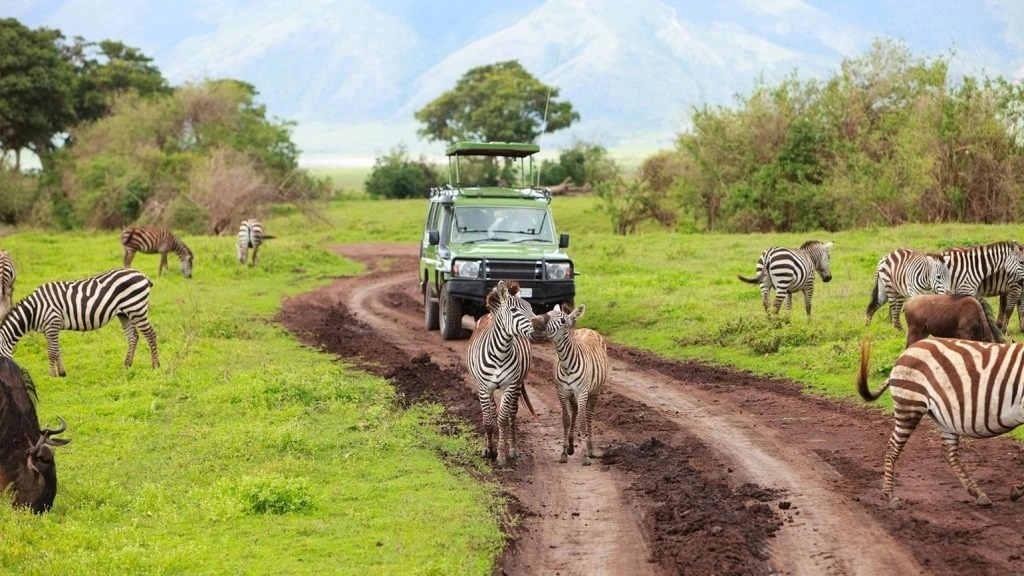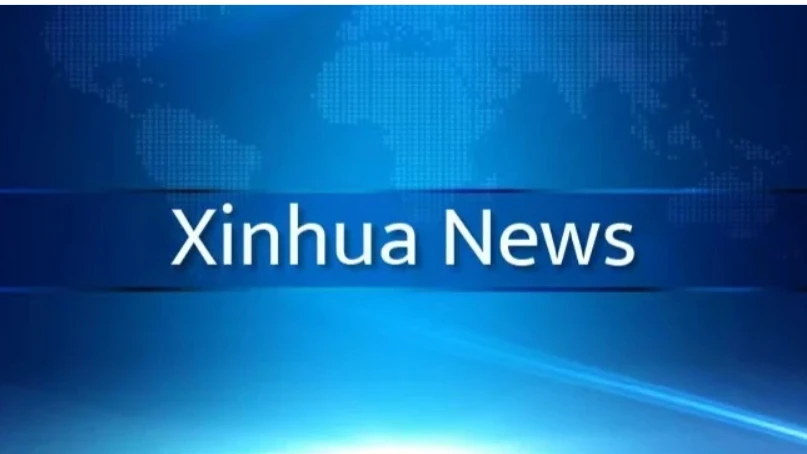TATO unveils compact safari ‘code of conduct’ for guides

TOUR operators have unveiled a new safari guide code of conduct and ethics designed to elevate professional standards in the rapidly growing tourism industry.
Henry Kimambo the Tanzania Association of Tour Operators (TATO) vice-chairman said at the launching here on Monday that the document is a comprehensive set of principles for safari guides in fulfilling the formal requirements of the profession
The document serves as a reference framework for promoting responsible and sustainable tourism he said, noting that for the guide to be effective, TATO expects all parties to take it up, including conservation agencies like the Tanzania National Parks (TANAPA), the Ngorongoro Conservation Area Authority (NCAA) and the Tanzania Wildlife Management Authority (TAWA).
Others include key members of the travel industry, host communities and tourists arriving or touring in groups, to be familiarised to some of its tenets, he told stakeholders who gathered for the commemoration of Nyerere Day in the safari capital.
“The code of conduct aims to maximize the benefits of the multimillion dollar industry while minimizing its potential negative impacts on the environment, cultural heritage and community expectations,” he said.
TATO chairman Wilbard Chambulo praised the conservation sub-committee for crafting the safari guide code of conduct and ethics, noting that this initiative will elevate safari guiding standards and strengthen formal commitment to sustainable tourism and heritage preservation.
He urged tour operators to adopt the code and ensure their guides comply with specific standards set out in detail, as by embracing these guidelines, operators can significantly enhance the image and quality of safari guiding in the country.
Lembris Loipuko, the Tanzania Tour Guides Association (TTGA) chairman appreciated the code, stating that it will revolutionize the tourism industry.
"This is an invaluable tool for ensuring the sustainability of wildlife safaris, providing tourists with unforgettable experiences and safeguarding natural and cultural heritages," he declared.
Elirehema Maturo, the TATO executive director, outlined the code’s seven focus areas as professionalism and presentation, conduct and ethics, training and experience, vehicle protocols, environmental impact, wildlife interaction and cultural sensitivity.
The code stresses professionalism in dress, language and behaviour when a guide is on duty or off duty, he said, elaborating that it demands compliance with the laws, respect for privacy, inclusiveness, prohibiting illicit drug use and alcohol consumption while on duty.
Pointing at the importance of safeguarding clients' privacy and data, he said that guides should operate within their area of expertise and pursue ongoing professional development. “The code includes emergency protocols and stresses the need for accurate information," he further noted.
The guidelines seek to ensure vehicle safety, adherence to speed limits and sticking to respectful driving, all of which are essential for conservation and client safety, he emphasised.
Responsible waste management, the avoidance of single-use plastics and the protection of wildlife are stipulated, he said, underscoring guides’ responsibility to minimize their ecological footprint and educate clients on sustainability practices.
It also emphasizes minimal interference with natural habitats, respect for animal comfort zones and the discouragement of disruptive behaviours on the part of tourists or accompanying personnel, he said.
Safari guides need to foster respectful engagements with local communities, thereby enriching tourists' cultural experiences, he specified.
Established in 1983 with merely 35 members, thanks to the efficiency of the association in representing private tour operators to the government, the TATO membership base has grown by leaps and bounds over the years, reaching more than 300 members to-date.
The umbrella body thus holds 78.4 percent of licenced tour operators, making it the key industrial lobby for a leading global safari destination and fully appreciated by the government as the tour operators’ functional representative, he added.
Top Headlines
© 2026 IPPMEDIA.COM. ALL RIGHTS RESERVED






















